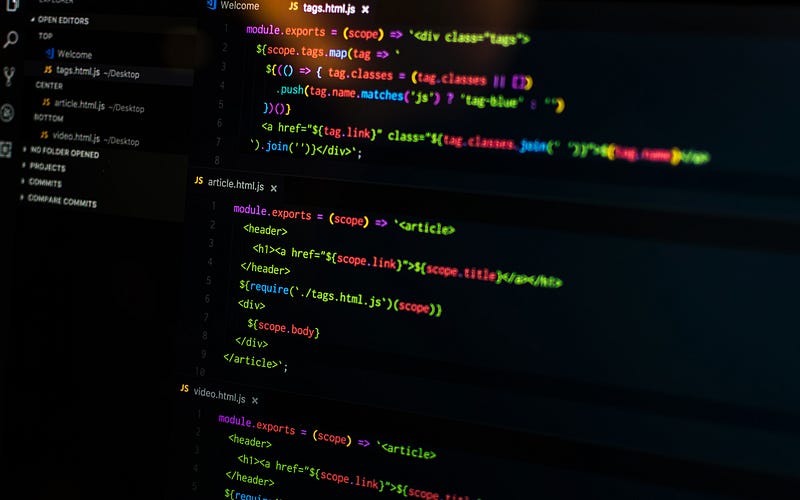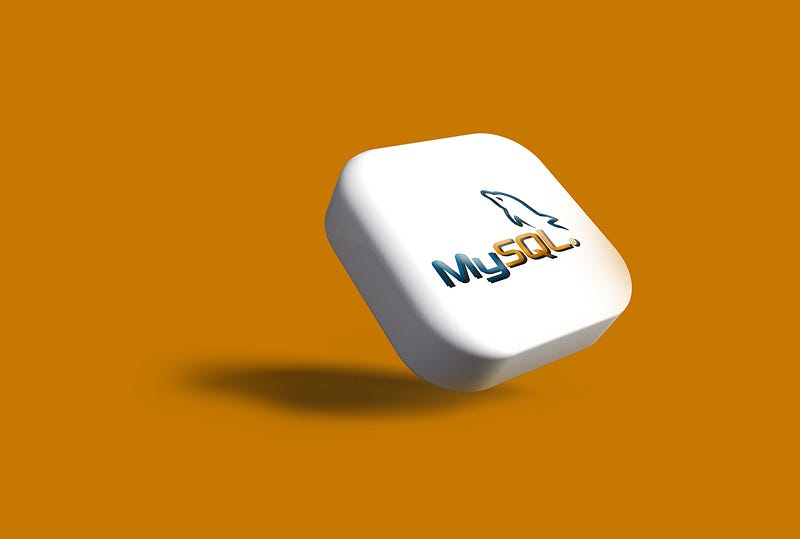The English Dominance in Programming Languages
Exploring the Historical and Cultural Impact on Coding

Imagine a world where the language barrier in programming doesn’t exist — a world where code speaks every language. Surprisingly, we’re not there yet. In a globe teeming with diverse languages, the realm of programming predominantly echoes in English. This article aims to explore the historical, practical, and global factors contributing to this linguistic characteristic.
Historical Roots
In the 1950s, languages like FORTRAN and Lisp, originating in the United States, weren’t just the early programming languages — they were trendsetters. FORTRAN, birthed in the halls of IBM, laid the foundation, establishing English as the language of code, a precedent that future languages found hard to shake off.
Practical Considerations
Ease of Adoption:
English’s global footprint makes it accessible, offering a lower entry barrier for new learners. The choice of English syntax ensures programming languages find common ground across diverse cultures.
Standardization:
A unified language simplifies software development, turning a Babel of tongues into a symphony of code, enabling seamless communication and understanding among international developers.
Documentation and Support:
With a plethora of resources available in English, from tutorials to community support, it becomes the de facto choice, driving efficient learning and problem-solving.
The Global Playground
English is not just a lingua franca but a bridge connecting intellects and innovations. Consider the collaborations between Eastern and Western tech giants, or the international open-source projects that have shaped the digital age — all made seamless by the universal touch of English.
The Flip Side
Yet, the universality of English in code poses challenges. Non-English speakers often find themselves facing a steep learning curve, not just in mastering programming concepts but in bridging linguistic gaps. The need for linguistic diversity is as pressing as the global and inclusive ethos of our digital age.
Initiatives like non-English based programming languages and translation tools are emerging, heralding an era where the language of code becomes as diverse as the hands that craft it.
Conclusion
The reign of English in programming, though rooted in history and practicality, faces the dawn of a transformative era. Every developer, regardless of their linguistic background, holds the potential to sculpt the digital future. As we navigate this evolving landscape, the question lingers: How can we turn the language of code into a canvas as universal and inclusive as the innovations it seeks to unfold?
Got a Product Idea?
I build MVPs, web apps, and SaaS platforms in 7 days. Fixed price, real code, deployed and ready to use.
⚡ Currently available for 2-3 new projects

About Hafiz
Full Stack Developer from Italy. I help founders turn ideas into working products fast. 9+ years of experience building web apps, mobile apps, and SaaS platforms.
View My Work →Get web development tips via email
Join 50+ developers • No spam • Unsubscribe anytime
Related Articles

A Beginner’s Guide to MySQL: Setting Up Your First Database and User
Navigate the essentials of MySQL with ease, and kickstart your journey in databa...

10 Free AI Tools Every Developer Should Harness in 2023
Elevate Your Coding Game Without Breaking The Bank

Why Coding is Not Enough Anymore in the Tech Landscape
Evolving from a coder to a holistic software developer in a multifaceted tech ec...